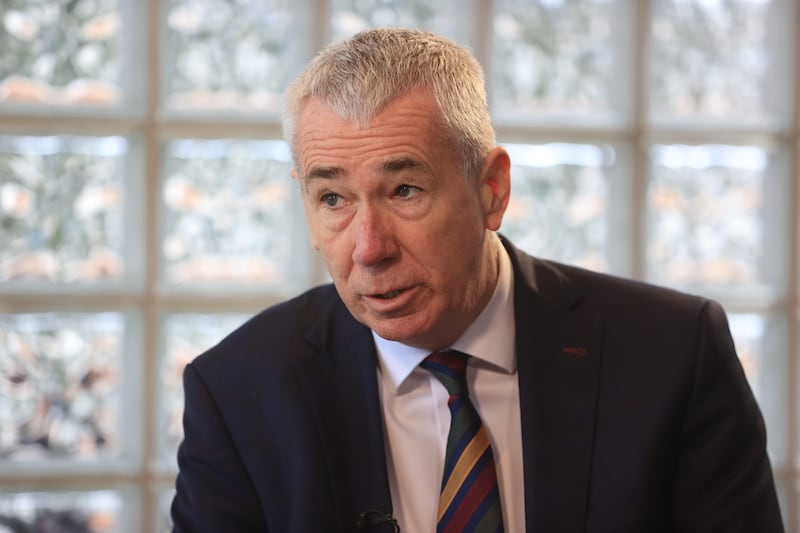Purely in terms of public relations, the past ten days has been disastrous for Ulster Rugby as it has struggled to deal with the fall out from the enormously damaging rape trial involving two of its players.
Paddy Jackson and Stuart Olding were found not guilty of rape by a unanimous jury verdict, but the behaviour of the two men as revealed during the nine-week trial, including an exchange of appalling WhatsApp messages, sparked a widespread debate and saw thousands of people take to the streets in cities throughout Ireland.
It was an unprecedented response which led to Paddy Jackson's lawyers threatening to sue social media users who used #ibelieveher.
Ulster Rugby and the IRFU have begun a review into the conduct of the two men, which as of this week also includes Craig Gilroy, who was initially said to be available for selection then dropped after it was revealed that he was the 'CG' referred to during the trial who had sent a sexually explicit message on WhatsApp.
The position of Ulster Rugby appears to be one of saying as little as possible but this is really not sustainable in the face of mounting concern.
Certainly, the response of the key figures in all of this has been striking.
Craig Gilroy apologised late on Tuesday, saying his message was 'totally inappropriate' and he was sorry for the hurt it caused.
This was the right thing to do in the circumstances and came after Stuart Olding, speaking immediately after his acquittal, apologised for 'the hurt that was caused to the complainant', saying he deeply regretted the events of that evening.
Ten days on and Paddy Jackson has decided to issue a statement expressing similar sentiments, saying he was 'ashamed' a young woman who was a visitor to his home left in a distressed state and apologising for the WhatsApp group chat which was 'degrading and offensive.'
It is a pity Mr Jackson waited so long to say what should have been said in the aftermath of a trial that raised serious questions about his conduct.
He now says that the criticism of his behaviour is fully justified and acknowledges the 'understandable public anger' that has been caused.
This anger led to a full page ad in the Belfast Telegraph yesterday demanding that Paddy Jackson and Stuart Olding are not selected for Ulster or Ireland again.
The rugby authorities face a serious challenge in finding the correct response to an exceptionally difficult set of circumstances.
The players are entitled to be heard but rugby must also consider the wider issues in relation to the image of the game, the 'locker room' culture and the message that needs to be sent out to supporters disturbed by the sordid details exposed by this case.







